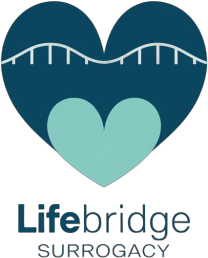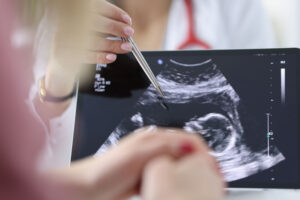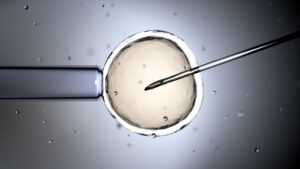Understanding Egg Donation and Surrogacy
Egg donation and surrogacy are remarkable paths that help individuals and couples realize their dreams of parenthood. In Los Angeles, a city renowned for its advanced medical facilities and supportive legal framework, these options are increasingly accessible and popular. Understanding the intricacies of these processes can greatly ease the journey for intended parents, donors, and surrogates alike.
Egg donation involves a woman donating her eggs to assist another in conceiving. This process is typically employed when the intended mother is unable to produce viable eggs. Surrogacy, on the other hand, involves another woman carrying and delivering a baby for the intended parents. Both processes are legally supported in California, making Los Angeles a hub for fertility treatments.
The Egg Donation Process
The egg donation process begins with selecting a donor. Donors undergo rigorous screening procedures to ensure optimal health and genetic compatibility. Once selected, donors receive hormonal treatments to stimulate egg production. The eggs are then retrieved through a minor surgical procedure and fertilized in a lab with sperm from the intended father or a donor.
Intended parents can choose egg donors based on various criteria, including physical attributes, educational background, and personal interests. This personalized approach enhances the chances of a successful match, both biologically and emotionally, for all parties involved.
Navigating Surrogacy Options
Surrogacy in Los Angeles can be categorized into two main types: traditional and gestational. In traditional surrogacy, the surrogate’s egg is used, making her the biological mother of the child. Gestational surrogacy, more commonly practiced today, involves implanting an embryo created via IVF, meaning the surrogate has no genetic ties to the child.
The process begins with finding a suitable surrogate through an agency or personal connections. Surrogates undergo comprehensive medical and psychological evaluations to ensure their readiness and capability. Contracts are then drawn up to outline responsibilities and expectations, safeguarding all parties legally.
Legal Considerations
California’s legal framework is highly supportive of both egg donation and surrogacy. The state recognizes pre-birth orders, which establish parental rights before the child is born. This legal clarity is crucial in surrogacy arrangements, ensuring that intended parents are recognized as the child’s legal guardians from birth.
Engaging with experienced legal counsel is imperative to navigate any complexities in agreements and legal proceedings. This ensures that all rights are protected and the process is smooth from start to finish.
Choosing the Right Agency
Partnering with a reputable agency can make a significant difference in your egg donation or surrogacy journey. Agencies provide invaluable support services, including matching services, counseling, legal guidance, and medical coordination. They act as intermediaries and advocates for the intended parents, donors, and surrogates.
When selecting an agency, consider their track record, client testimonials, and the level of personalized care they offer. A good agency will prioritize the well-being and satisfaction of all parties involved.
Conclusion
Egg donation and surrogacy offer hope and possibilities to many aspiring parents in Los Angeles. With its advanced medical infrastructure and supportive legal environment, Los Angeles stands out as a premier destination for these fertility services. By understanding each step of the process and working with experienced professionals, intended parents can embark on this journey with confidence and optimism for a fulfilling family-building experience.




